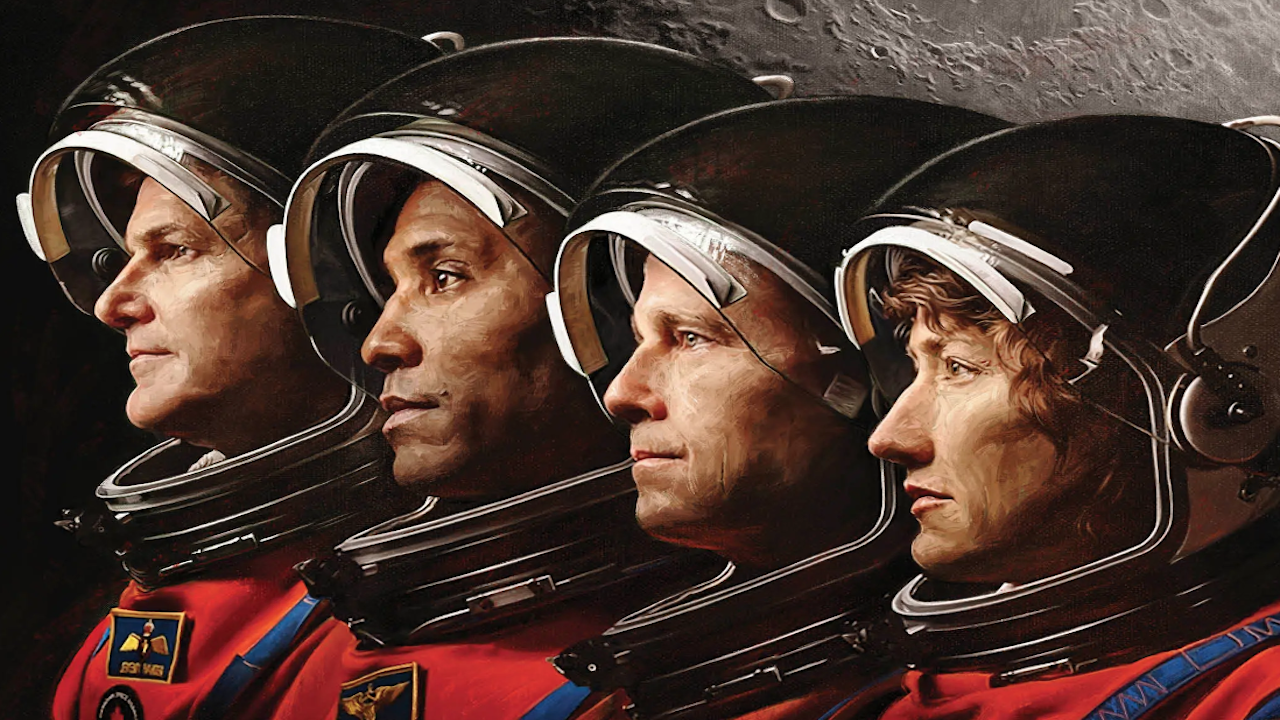Moon-Watching Mars Rover Catches Deimos Crossing the Sun
Thatdynamic duo on Mars, the Spirit and Opportunityrovers, are satellite watchers too.
Turningtheir respective camera systems up into the martiansky, the robots have caught sight of the moons of Mars - Phobos and Deimos -scooting across the face of the Sun.
"We gotfour of the possible six Phobos and Deimos transits during this year's "eclipseseason" from the rover sites," said Jim Bell of the Mars Exploration RoverProject at Cornell University in Ithaca, New York.
A recentphoto shoot involved a transit of Deimos from the Spirit rover's vantage pointat Gusev Crater. Earlier sessions were all Phobos transits, Bell explained.
"Of courseit's a cool thing to do, but more importantly, there's some good science to behad because we're using these data to refine the orbits and orbital evolutionsof both satellites," Belltold SPACE.com. "The data from2005 complement the eclipse data that we got in 2004," he said.

If roveroperations survive into the 2006 eclipse season, Bell said, there's a good chance of learningmore about the rate at which Phobos - in a much lower orbit around Mars thatDeimos - will slowly spiral in and impact the red planet. Phobos could break updue to gravitational forces and form a ring of debris about Mars - either eventestimated to be millions of years into the future.
Rovers on a roll
Breaking space news, the latest updates on rocket launches, skywatching events and more!
TheOpportunity and Spirit rovers have beenexamining Mars since their respective touchdowns in January 2004.
TheMars machinery has operated more than four times as long as their successfulthree-month primary missions. While Spirit is exploring the Columbia Hills atGusev Crater, Opportunity is on the other sideof the planet, scouting about in Meridiani Planum - a large expanse of openlandscape.
NASAis expected to extend the rover missions by funding the project for another sixmonths, said Doug McCuistion, Mars ExplorationProgram Director at NASA Headquarters in Washington, D.C.
Presently, the rover operations are funded through the endof this month. A new slug of money would keep the robots on the move from April1st to the end of September, McCuistion said.
"We've completely voided the warranty [on the rovers] atthis point," said Steve Squyres, the lead scientist for the Mars rovers at Cornell University. "Every day is a gift."

Leonard David is an award-winning space journalist who has been reporting on space activities for more than 50 years. Currently writing as Space.com's Space Insider Columnist among his other projects, Leonard has authored numerous books on space exploration, Mars missions and more, with his latest being "Moon Rush: The New Space Race" published in 2019 by National Geographic. He also wrote "Mars: Our Future on the Red Planet" released in 2016 by National Geographic. Leonard has served as a correspondent for SpaceNews, Scientific American and Aerospace America for the AIAA. He has received many awards, including the first Ordway Award for Sustained Excellence in Spaceflight History in 2015 at the AAS Wernher von Braun Memorial Symposium. You can find out Leonard's latest project at his website and on Twitter.
